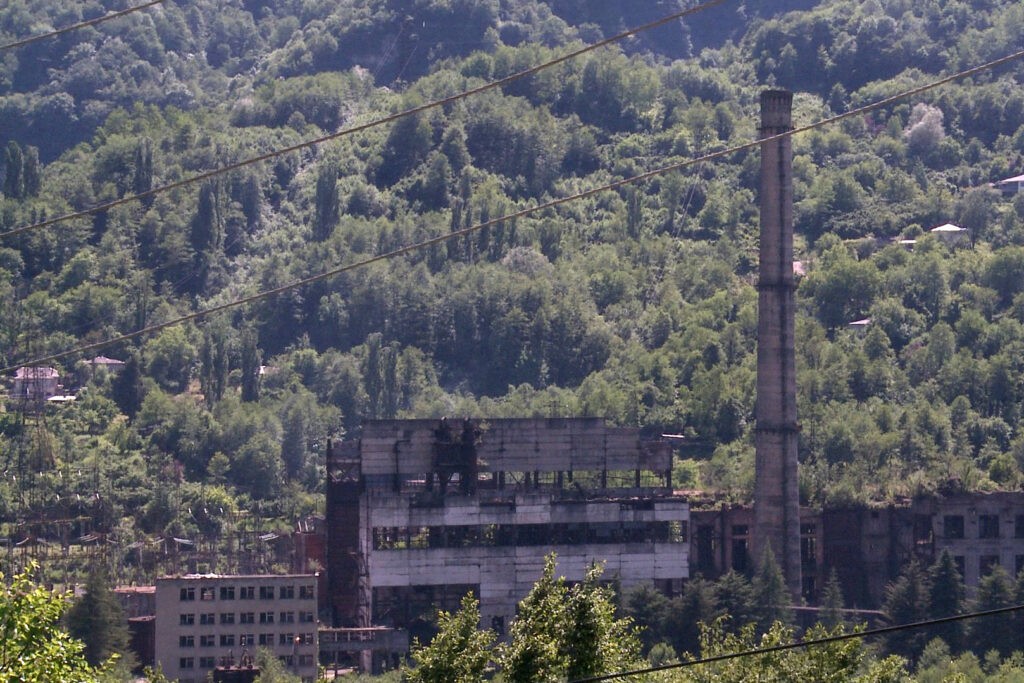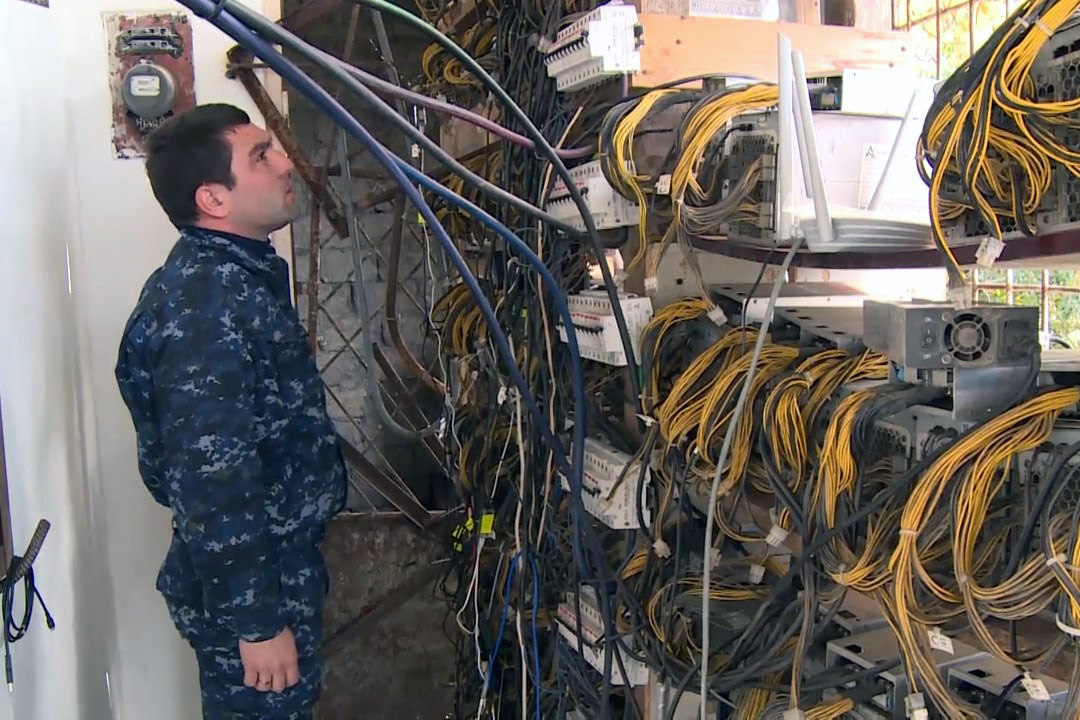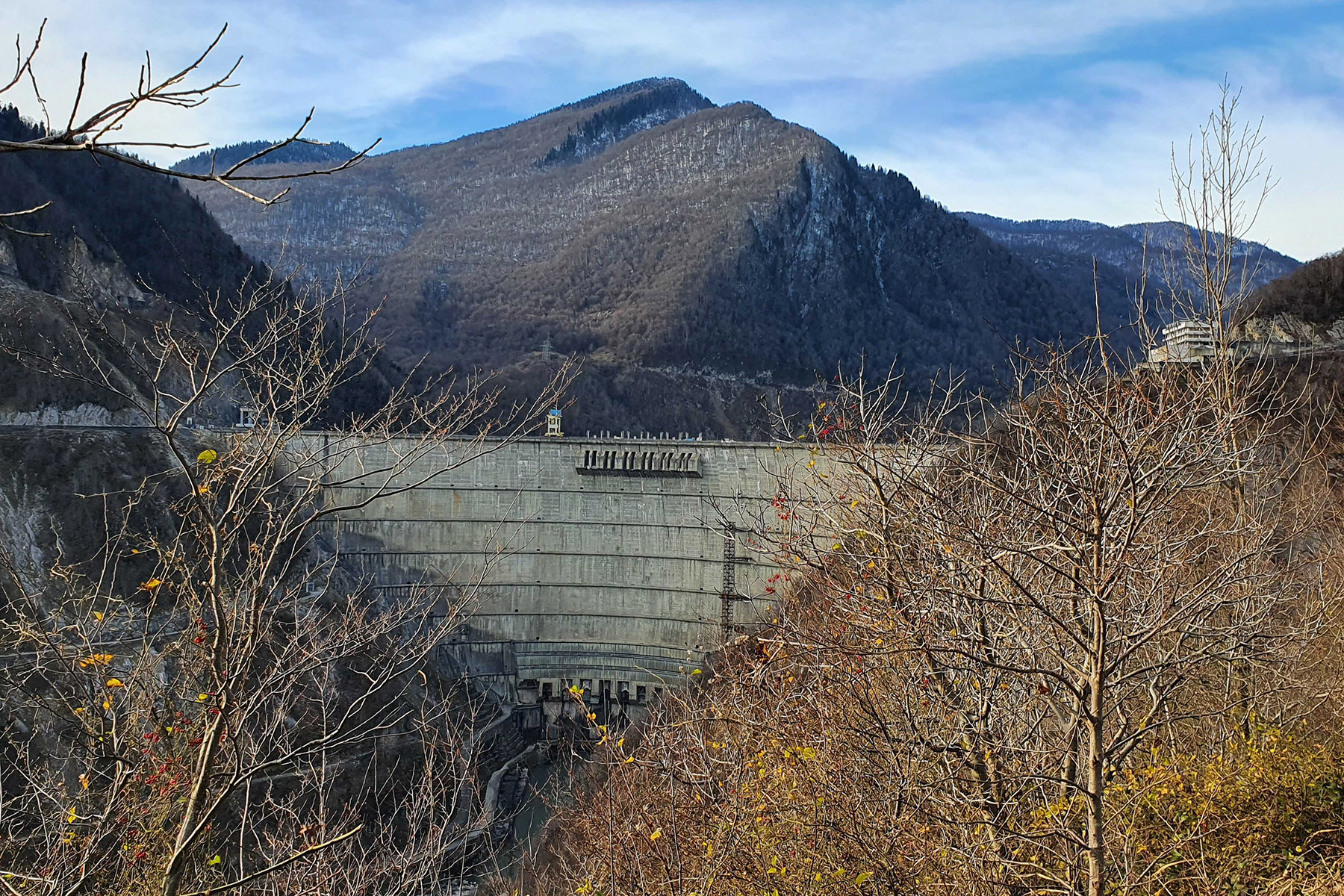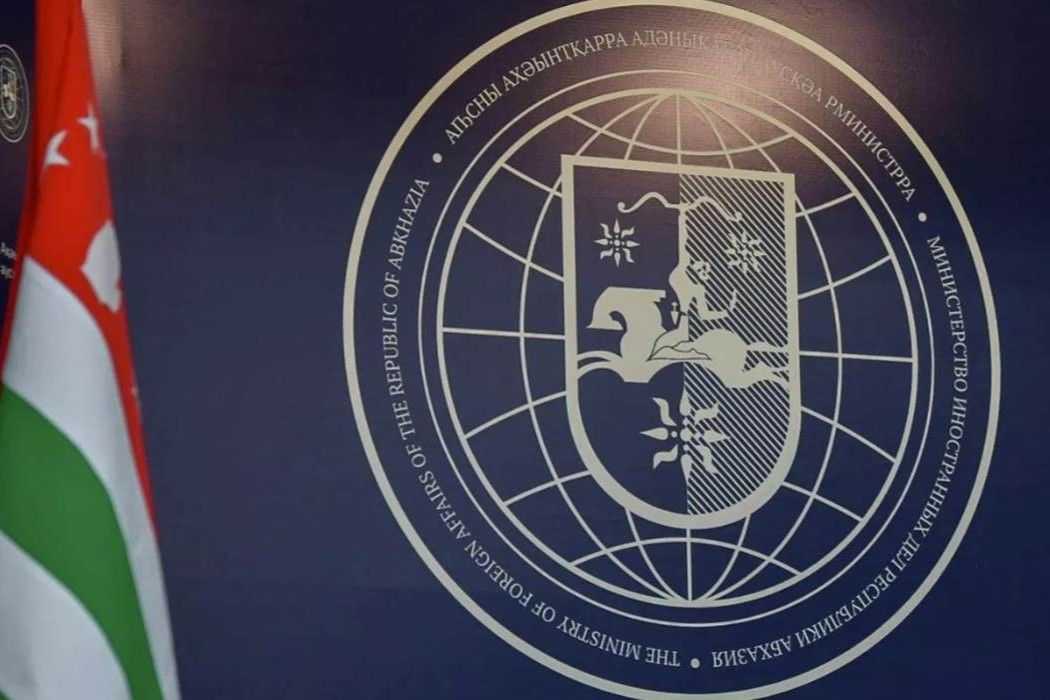
The authorities in Abkhazia have introduced nightly power outages in an attempt to curb their electricity deficit.
From Monday, each night in a different region of Abkhazia, the electricity supply is shut down for two hours.
Rising electricity consumption combined with an ageing electrical grid have led to an increasing number of blackouts in Abkhazia in recent years. Local experts say the problem has been exacerbated by the proliferation of crypto-mining in Abkhazia, despite some efforts by the authorities to curb the practice.
[Read on OC Media: Abkhazia moves to shut down cryptomining as blackouts escalate]
In a video published on Saturday by the Abkhazian state-run electricity distributor, Chernomorenergo, electrical engineer Said Blabba said that the restrictions were likely to tighten.
‘This is a moderate schedule, since it’s now the tourist season’, Blabba said. ‘After the end of the season, the schedule will be revised towards tightening’.
‘Today, Abkhazia consumes 6.5 million kWh of electricity per day, which exceeds the level of 2019 by 2.5 million kWh’, Blabba said.

Abkhazia’s main source of electricity is the Ingur dam and hydroelectric power station, with additional electricity provided from Russia at a higher cost. The dam, which Soviet authorities finished constructing in 1978, lies on the river Ingur (Enguri) between Abkhazia and Georgian-controlled territory.
According to an agreement between the Abkhazian and Georgian governments, 40% of the electricity produced by the dam should be distributed to Abkhazia.
However, according to Levan Mebonia, the chair of the board of directors of the Ingur hydroelectric power station, Abkhazia has been consuming more than the agreed amount.
‘Already last year, Abkhazia began to consume 70% of the total energy produced by the Ingur hydroelectric power station’, Mebonia said.

According to Mebonia, this consumption is unsustainable as the electricity tariffs for consumers in Abkhazia do not cover the cost of production.
‘The station generates income for only two months per year, and this is not enough to cover all the expenses of the hydroelectric power station. If this continues in the future, the Ingur HPP will not be able to work further’.
Mebonia has called the growth of electricity consumption in Abkhazia ‘uncontrollable’.
The price of one kilowatt-hour of electricity is just $0.005 in Abkhazia, while Georgian consumers pay up to $0.08 per kWh.
The primary geographic terms used in this article are those of the author’s. For ease of reading, we choose not to use qualifiers such as ‘de facto’, ‘unrecognised’, or ‘partially recognised’ when discussing institutions or political positions within Abkhazia, Nagorno-Karabakh, and South Ossetia. This does not imply a position on their status.






